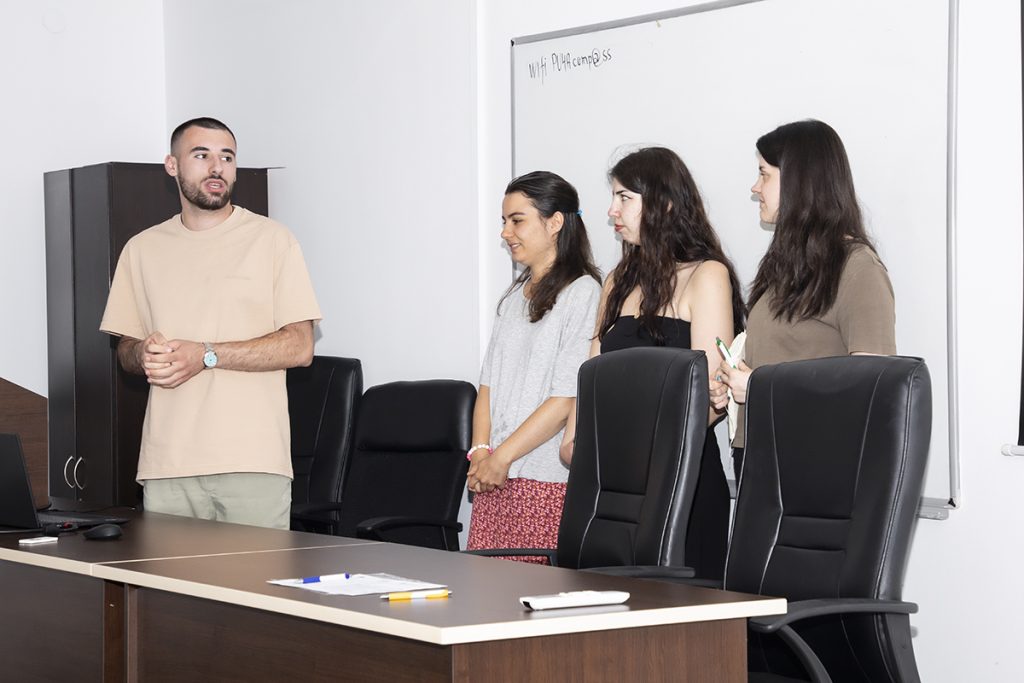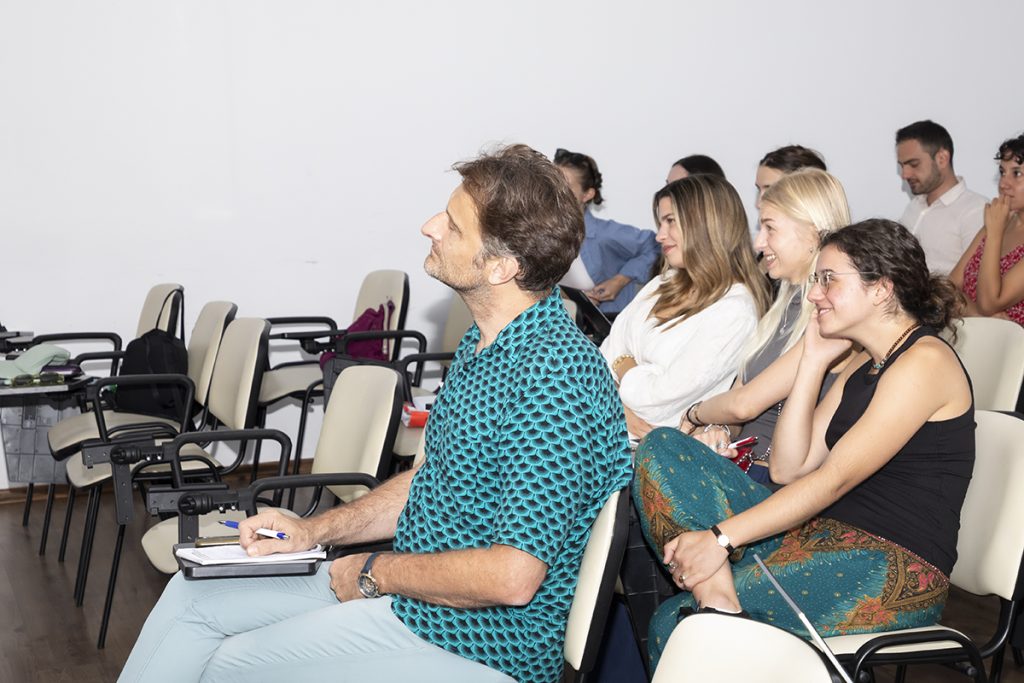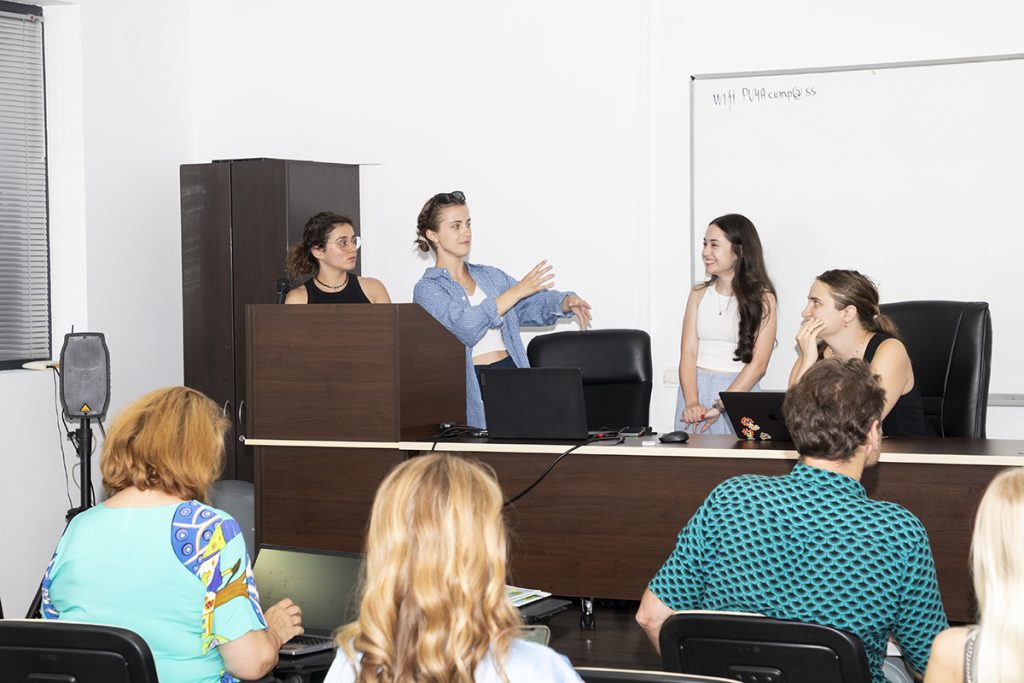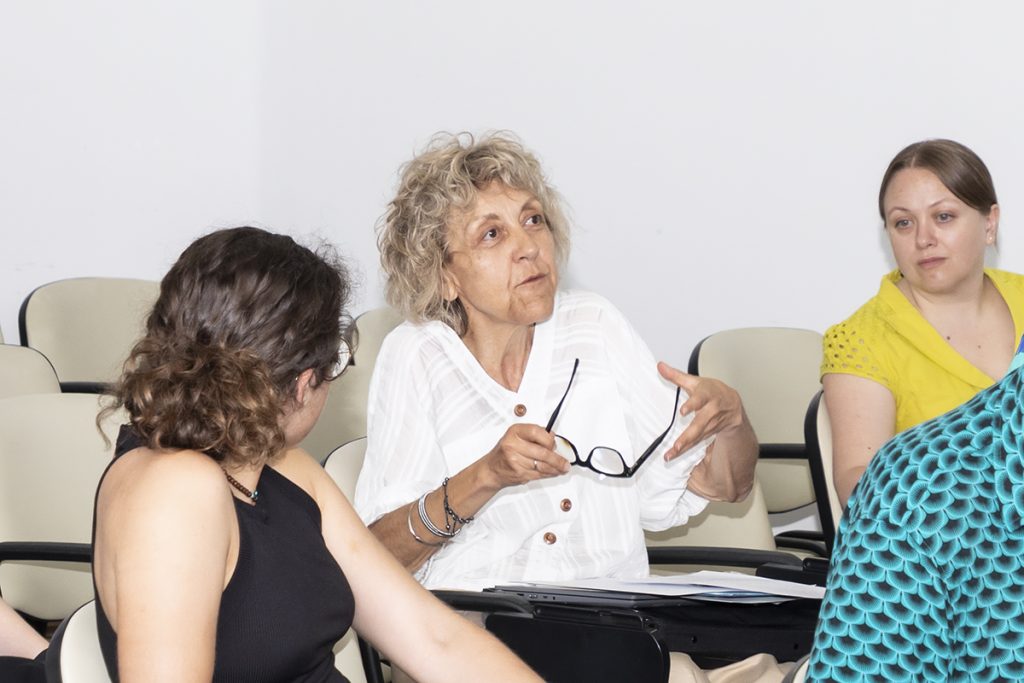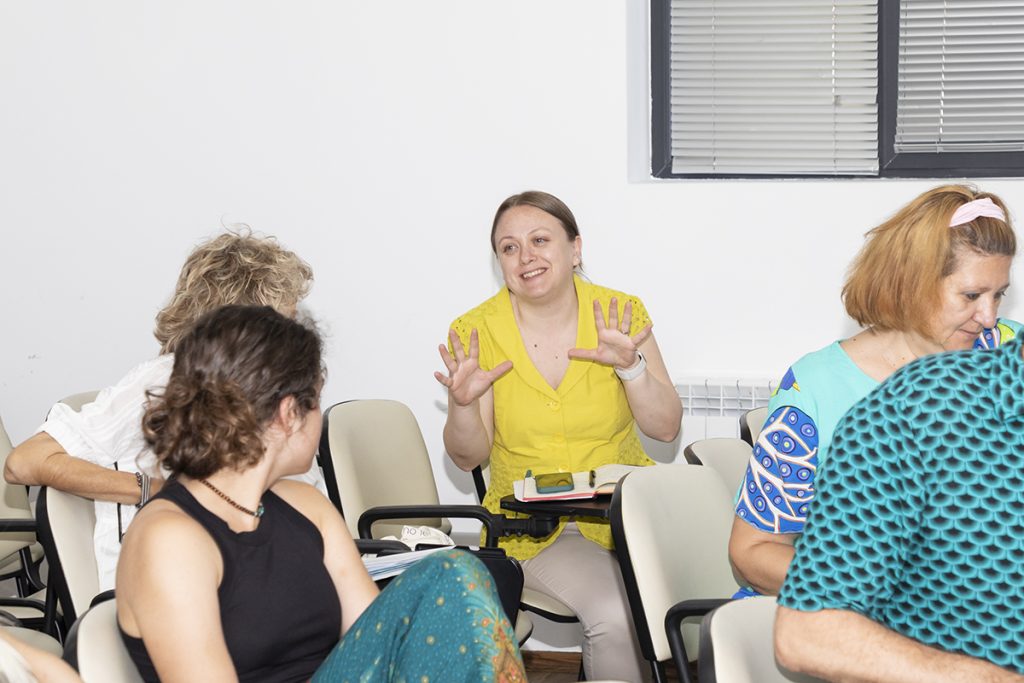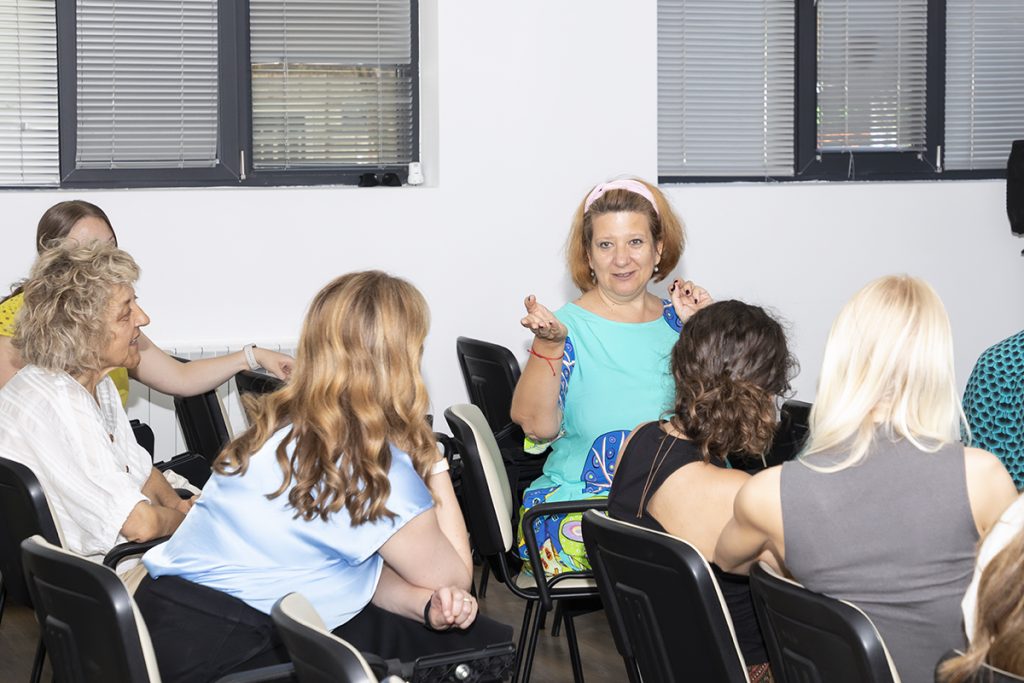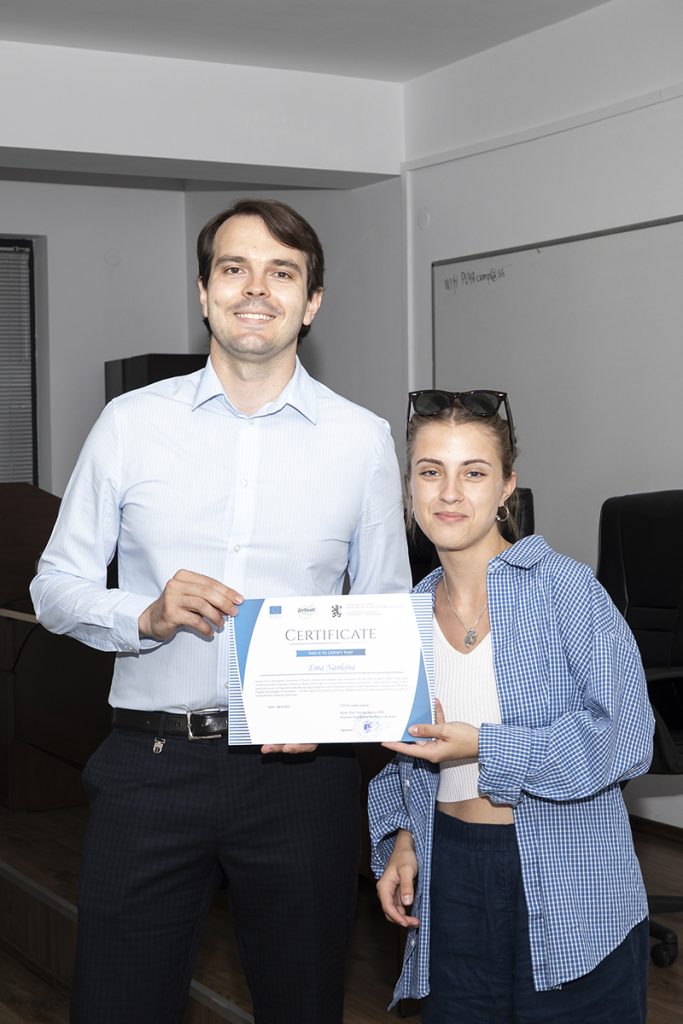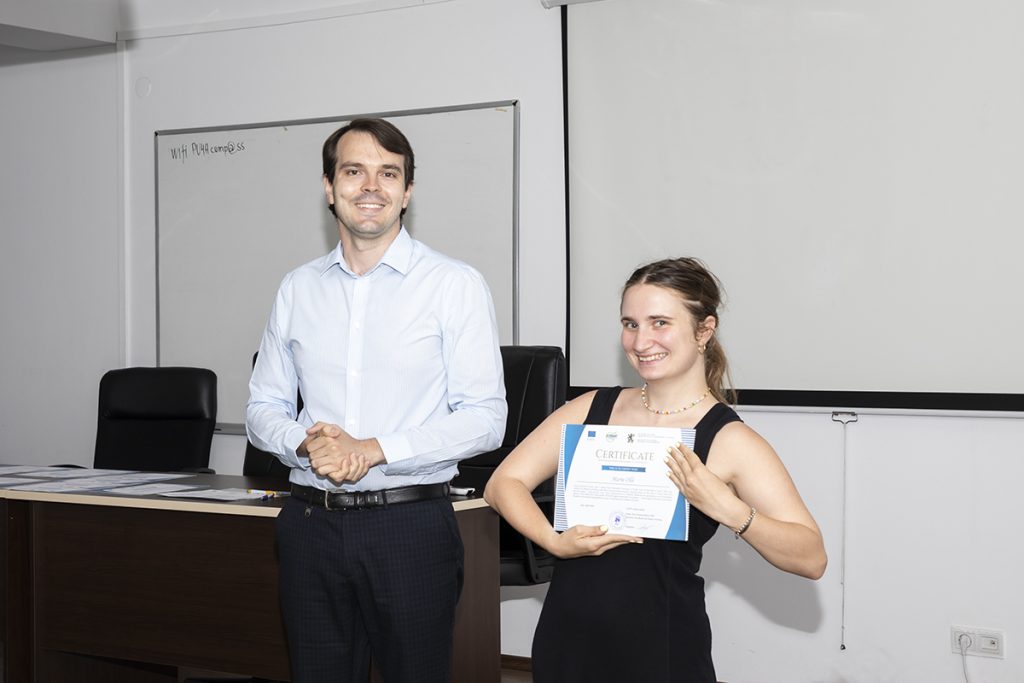On June 30, 2025, Paisii Hilendarski University of Plovdiv, in cooperation with Democritus University of Thrace in Komotini, Greece, the Catholic University of Croatia in Zagreb, Croatia, and Lumière Lyon 2 University in Lyon, France, officially launched a summer school called “Young People and the Environment – Water and the Future”, within the framework of the DUEcoS project. All four institutions took part in the event with both both lecturers and students.
Dr. Dimitar Karamitev, Head of the International Relations Office (IRO), officially opened the summer school which was organised as an initiative of IRO, the Faculty of Philosophy and History (FPH) and the Faculty of Economic and Social Sciences (FESS) in collaboration with the three partner universities.
The event began with two lecture courses. Assistant Professor Dr. Aygun Erturk-Mincheva from FESS spoke about the significance of behavioral economics in the broader context of the green economy concept and how both can be linked to the development of sustainable ecosystems. She then gave the floor to colleagues from the Department of Ethnology at Democritus University of Thrace who shared research approaches to studying rivers as spaces of natural and cultural heritage. They also presented an original film about Mesta (Nestos) River in the context of the discussed topics.
In the afternoon, students and PhD students from the four countries, divided into three teams, set out on their first field assignment which was crafted by the lecturers from the first two days and aimed at developing their skills as young researchers.
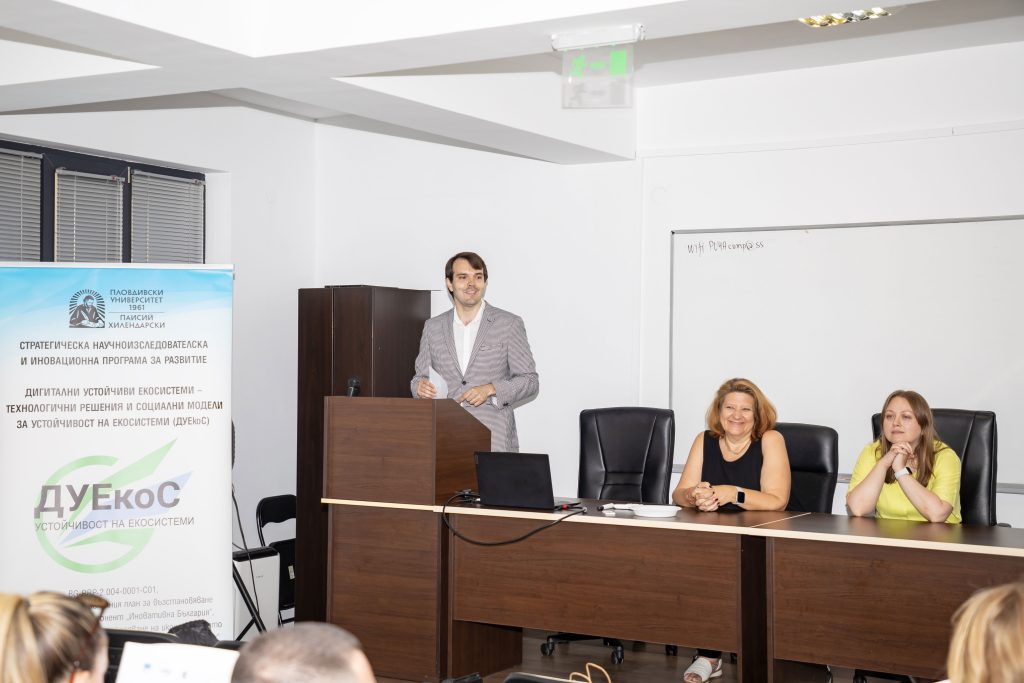
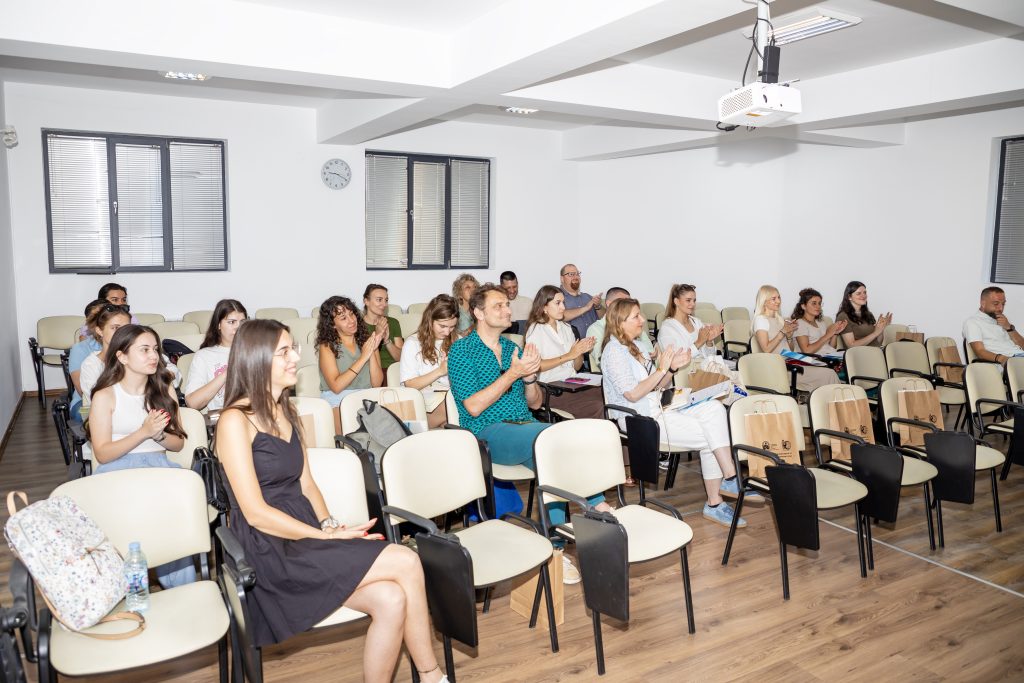
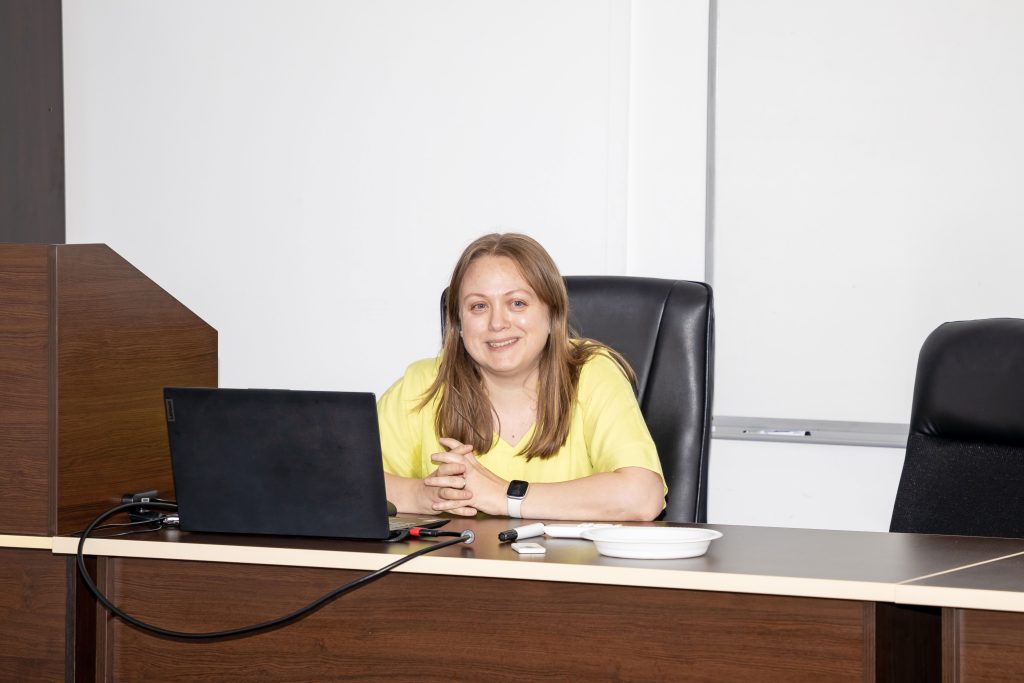
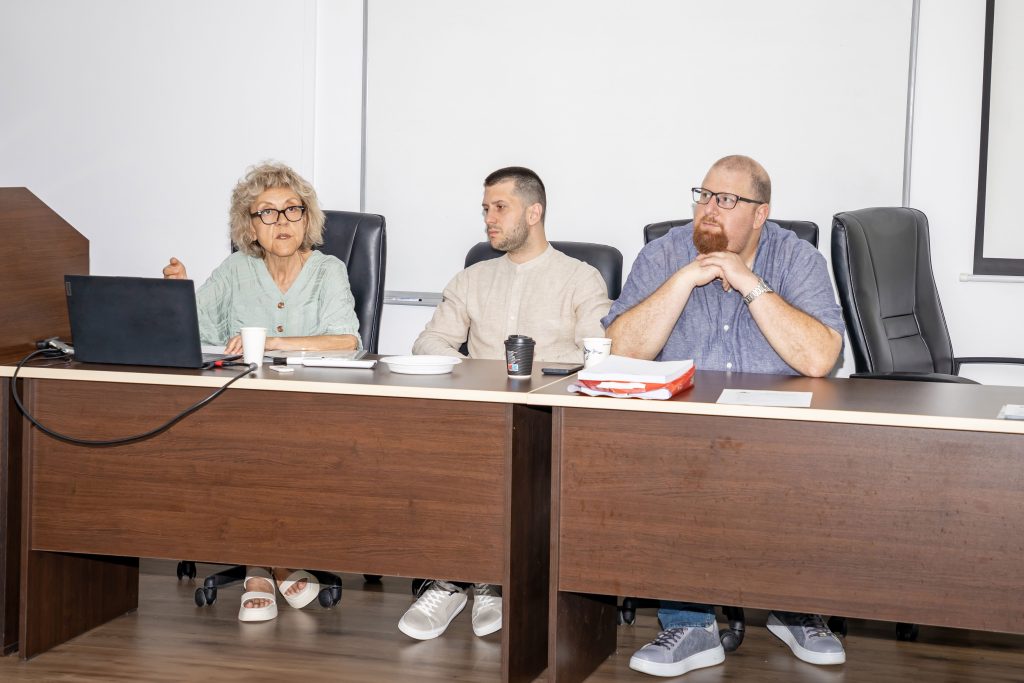
The summer school continued on July 1 with a lecture by Associate Professor Dr. Olivier Givre from Lumière Lyon 2 University dedicated to the topics of the sensory anthropology of water and the environment. The lecturer explained the fundamental principles of sensory anthropology, the methods through which such a study could be conducted and several illustrative examples, including comparisons between the Bulgarian and French contexts – namely the use of mineral water in public baths in the French resort of Vichy and the Bulgarian town of Velingrad.
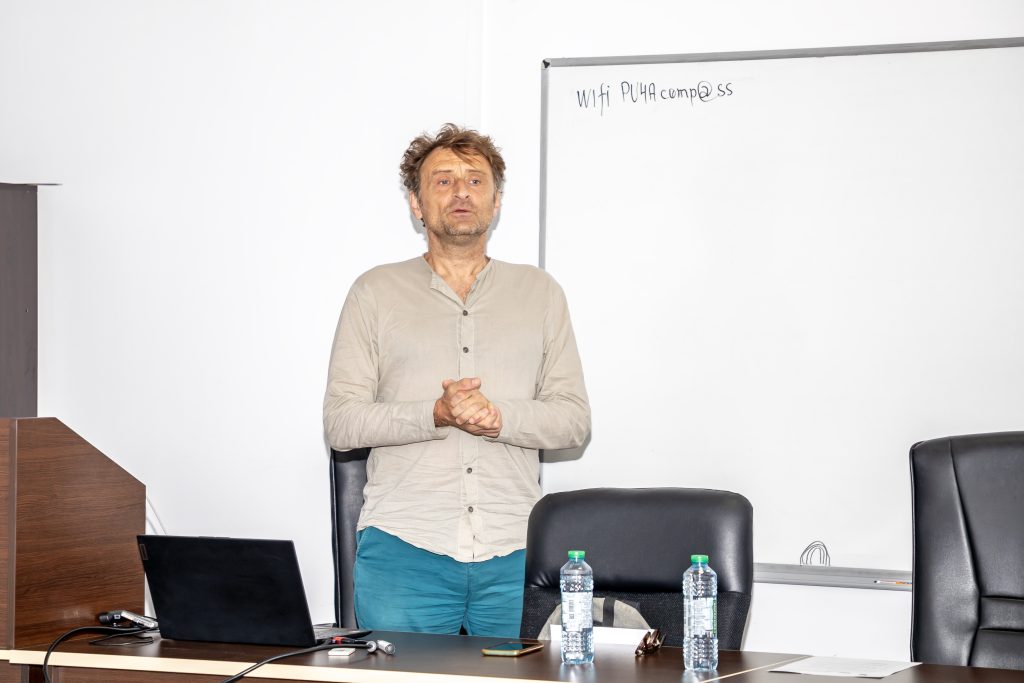
The second half of the day transported the young researchers into the world of the Thracians with a lecture by Assistant Professor Dr. Bozhidar Draganov from FPH on the topic “Water and Archaeology in Ancient Thrace – Routes, Semantics and Cultural Heritage.” The lecture enriched the summer school’s thematic scope with a highly valuable historical perspective. Dr. Draganov’s lecture was followed by a presentation from PhD student Bogdana Krivoshieva from FPH dedicated to nymphaea and the connection between mythology, belief systems and the water infrastructure of the ancestors who lived in the region of Southeastern Europe.
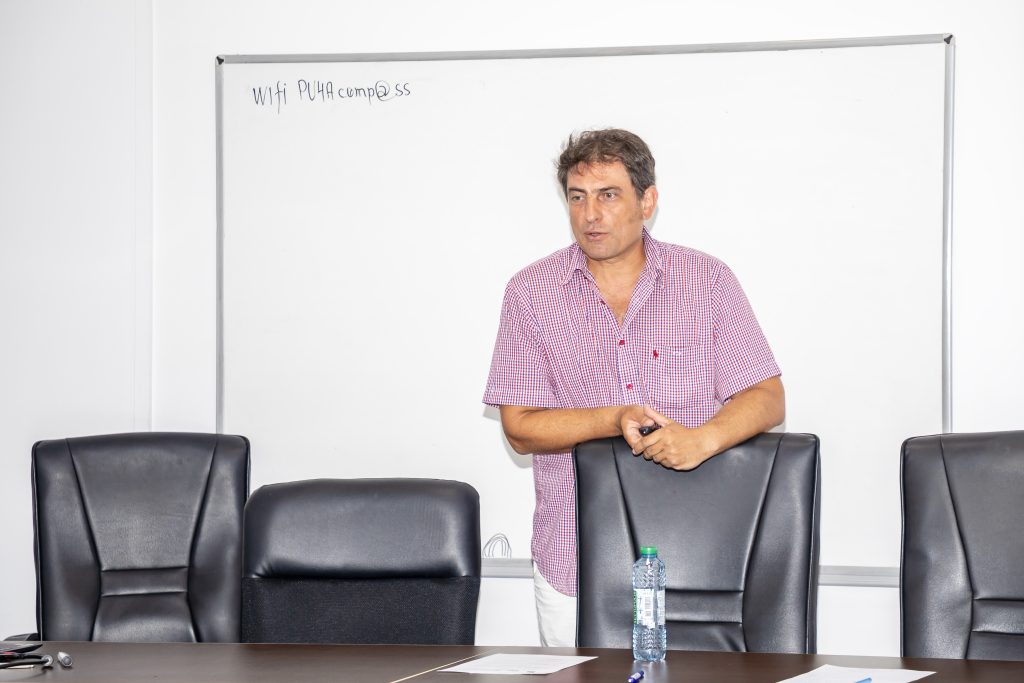
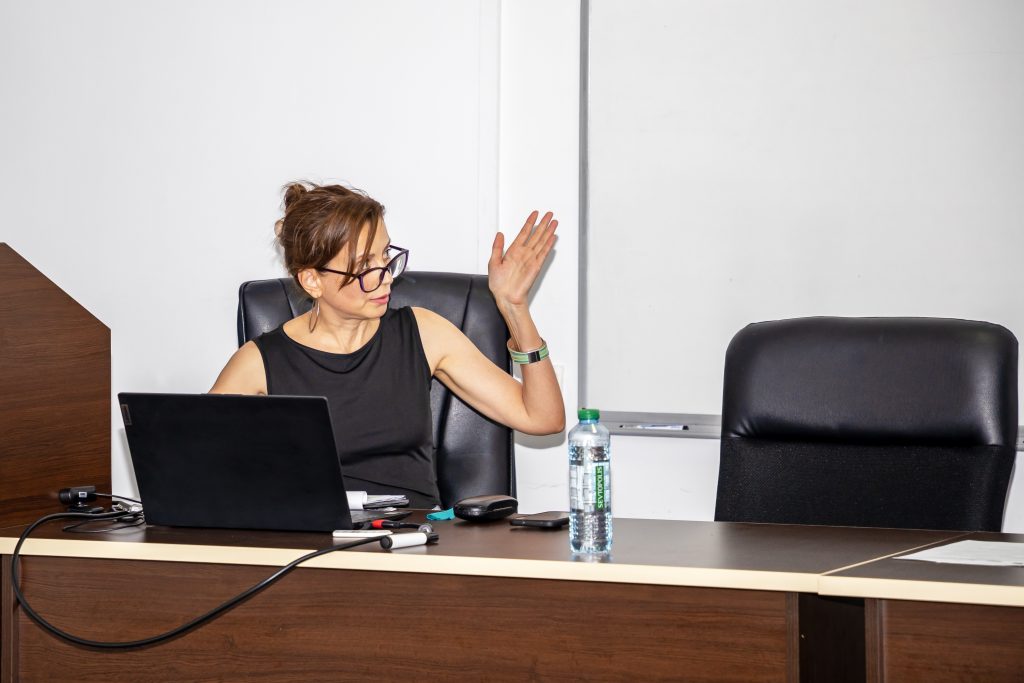
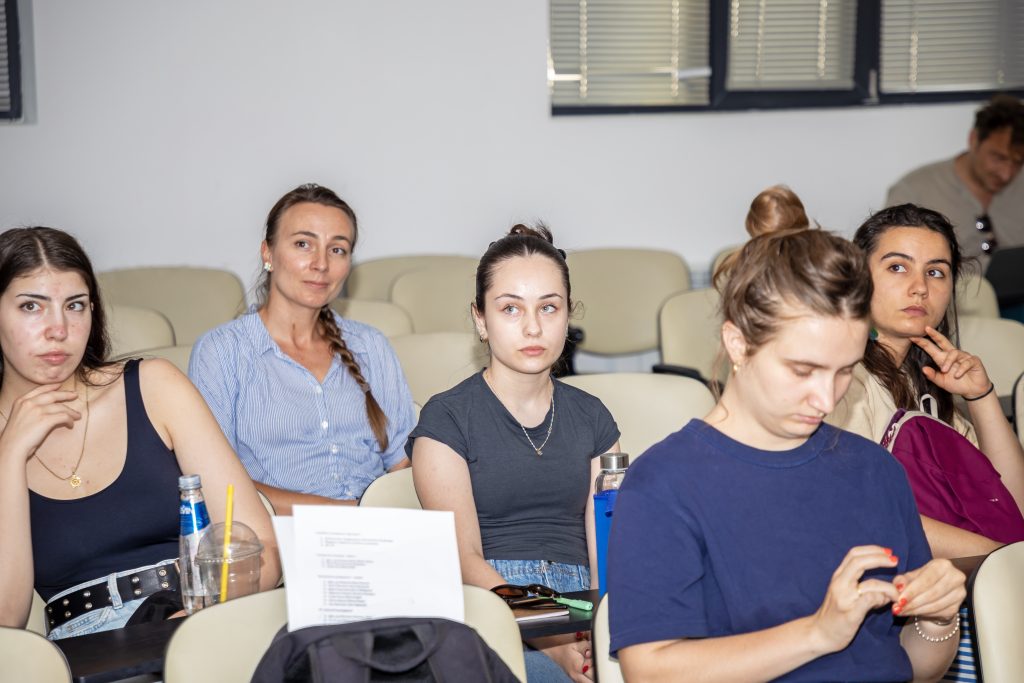
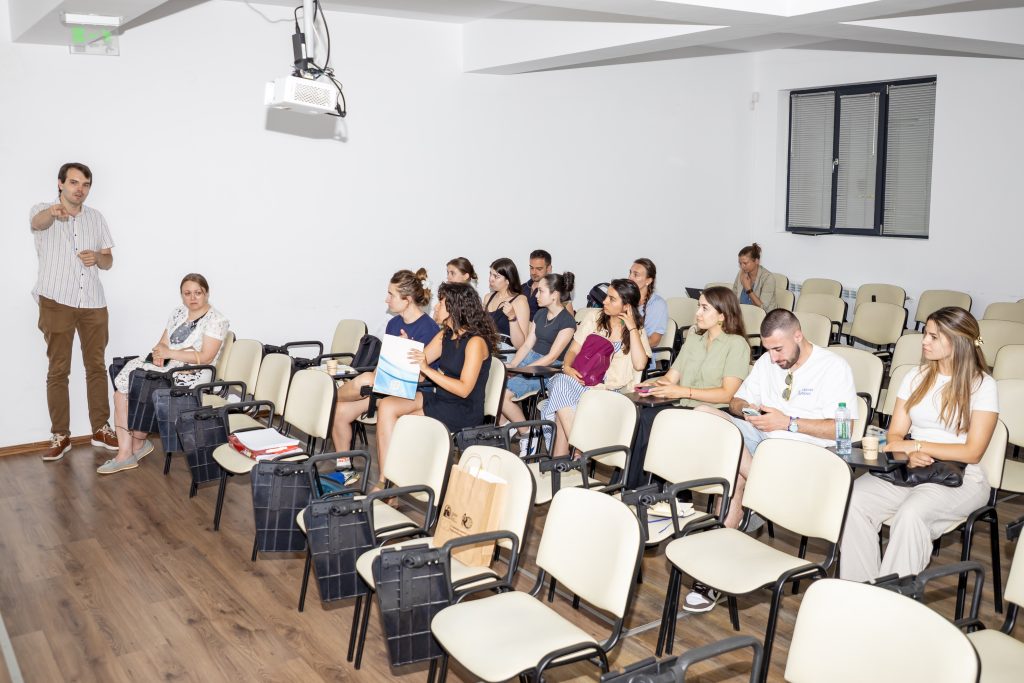
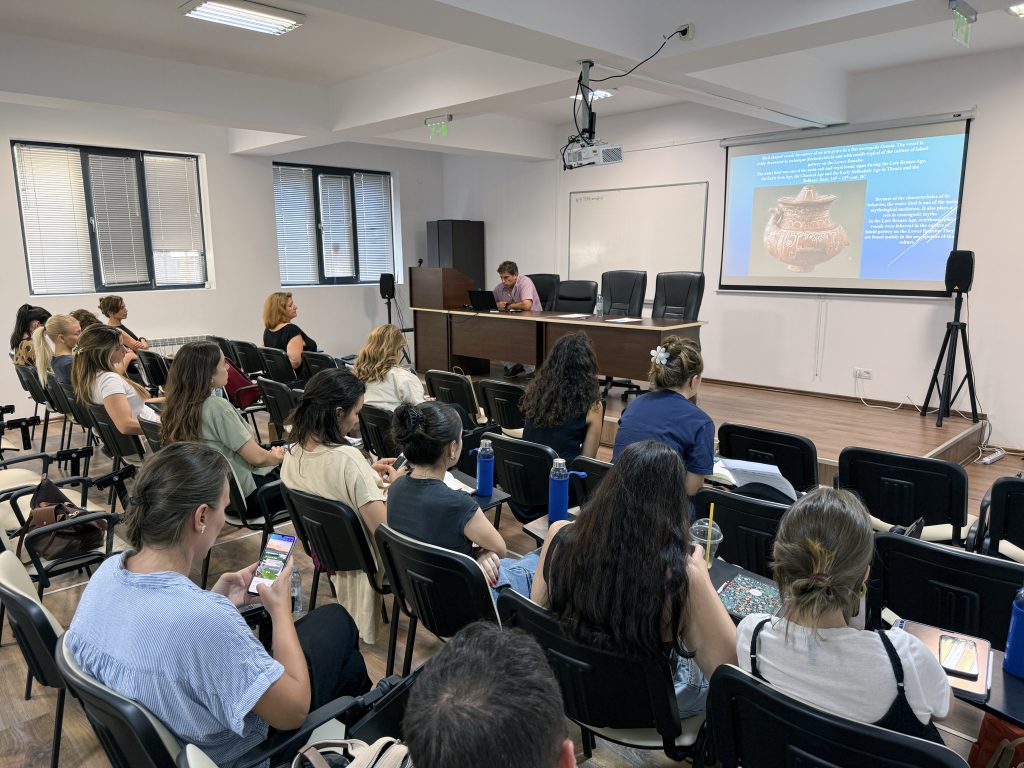
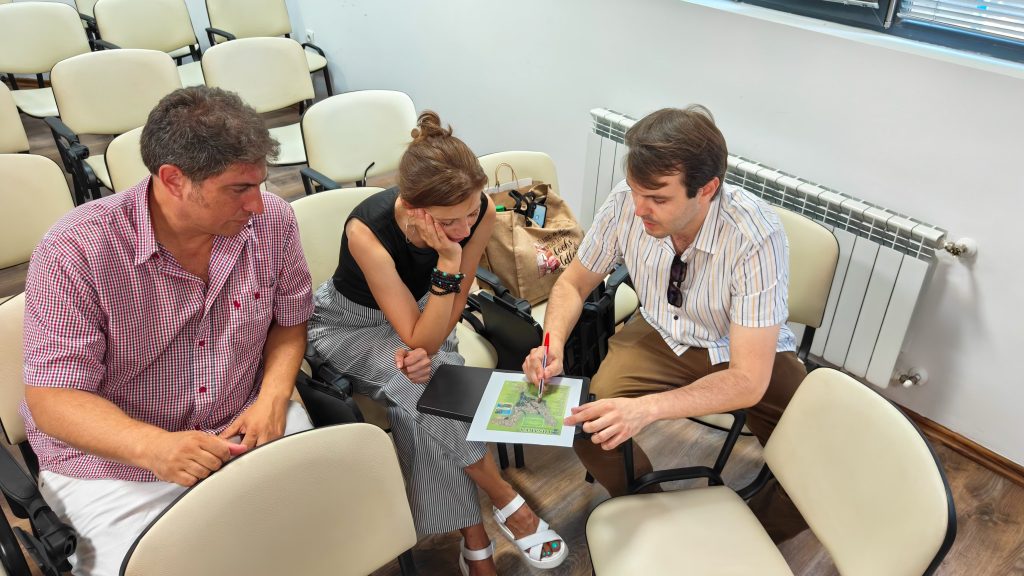
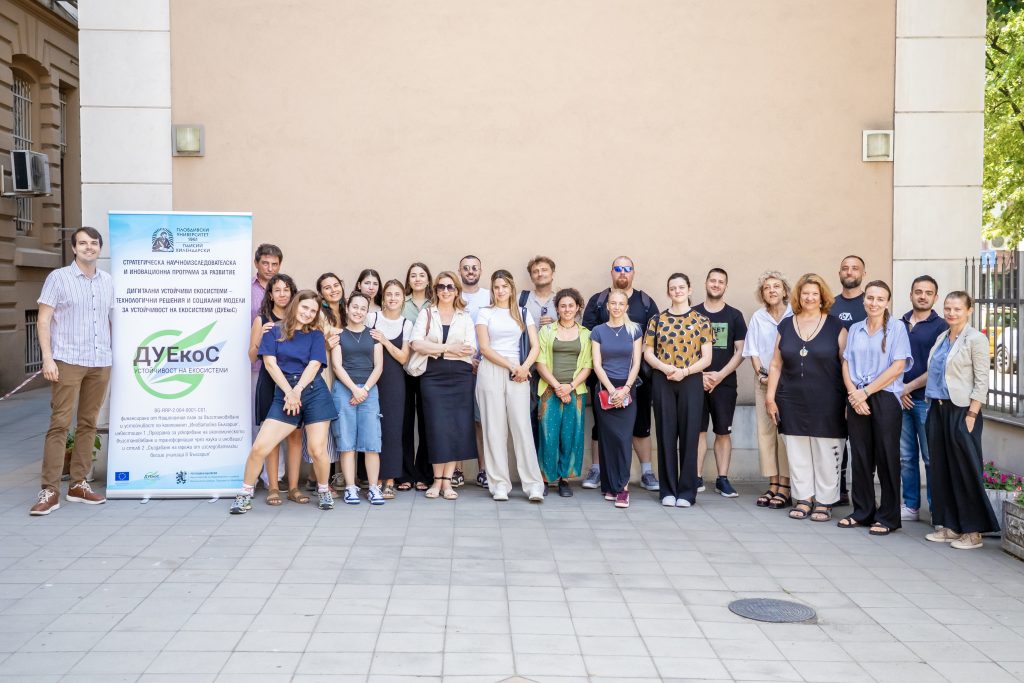
These two sessions prepared the students for the upcoming field trip to the town of Hisarya and the related assignments focused on exploring the significance of mineral water as a resource using anthropological and historical research methods.
The third day of the summer school was dedicated entirely to fieldwork in Hisarya. Guided by Dr. Dimitar Karamitev, Assistant Professor Dr. Bozhidar Draganov, PhD student Bogdana Krivoshieva, Associate Professor Dr. Miriam Burgles and Associate Professor Dr. Olivier Givre, the young researchers visited many of the mineral springs in the ancient town. Their tasks primarily involved observing the usage of mineral water at different springs, conducting interviews with local residents and visitors and visiting ancient Roman baths and contemporary public bathhouses (both operational and closed).
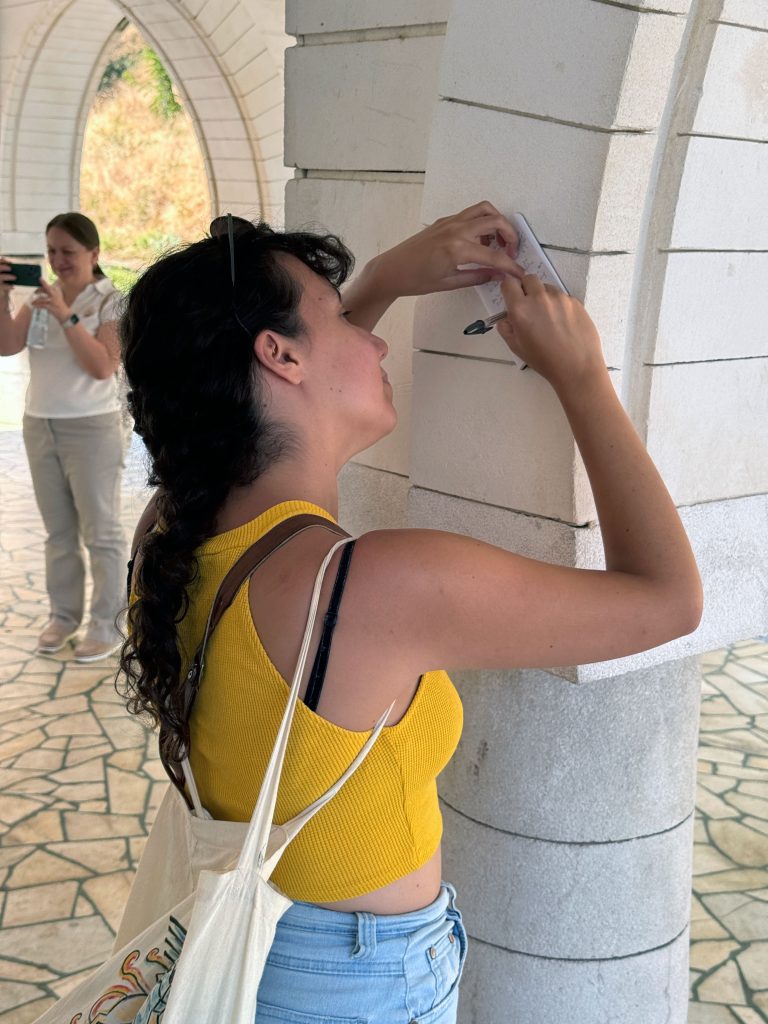
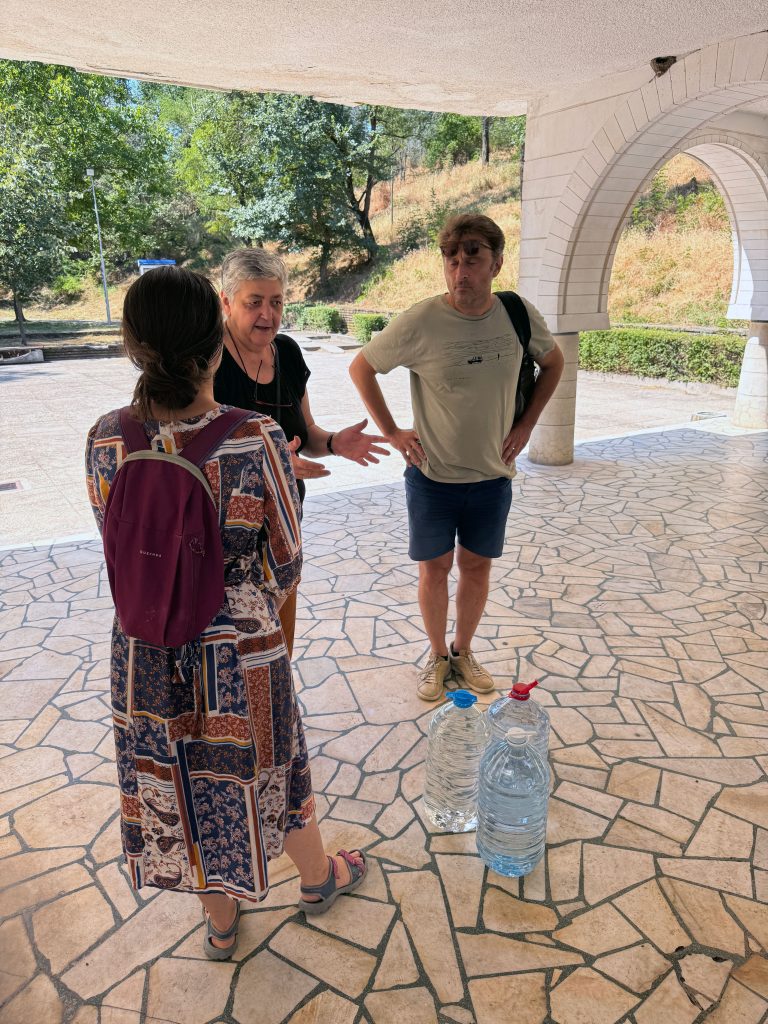
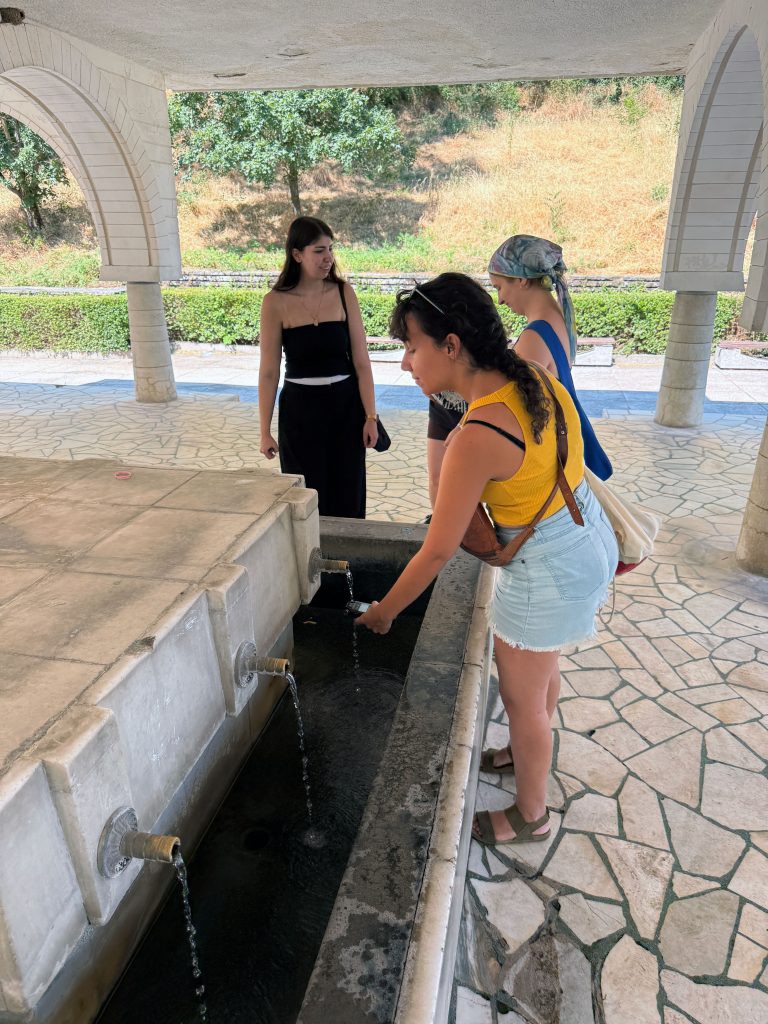
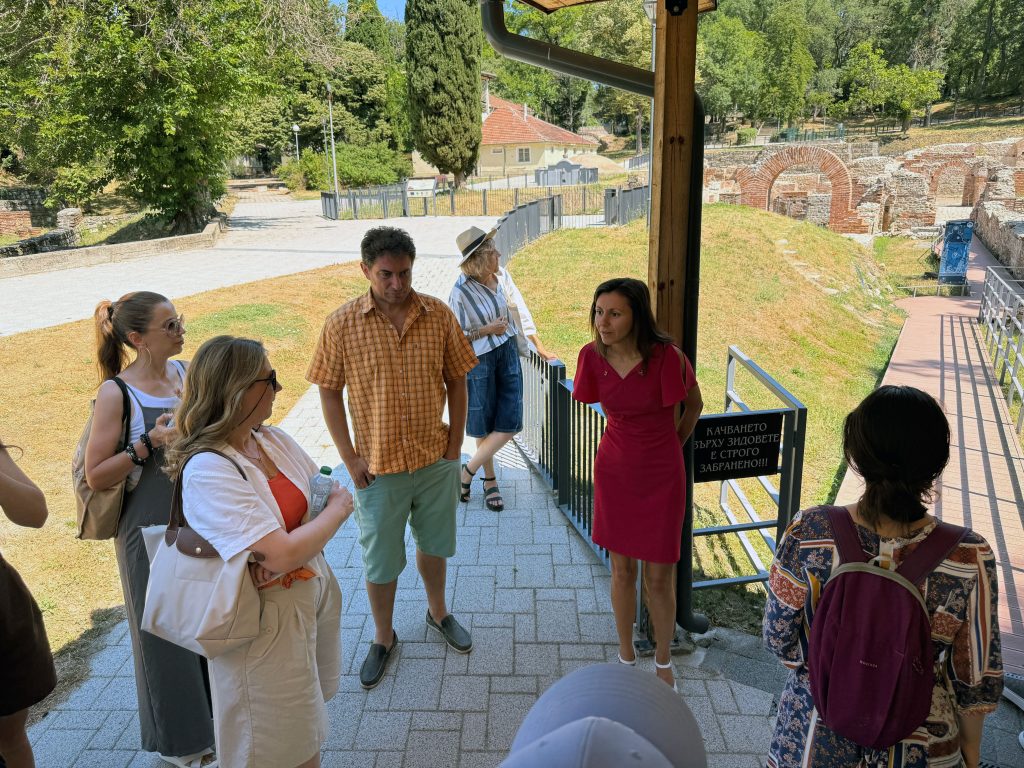
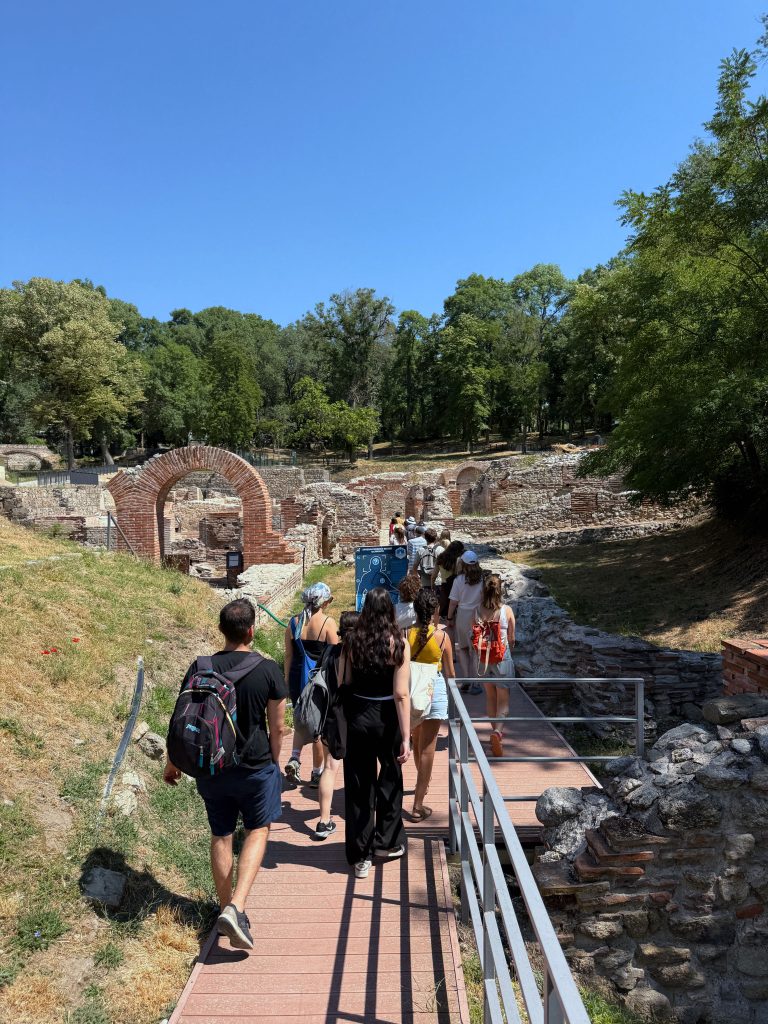
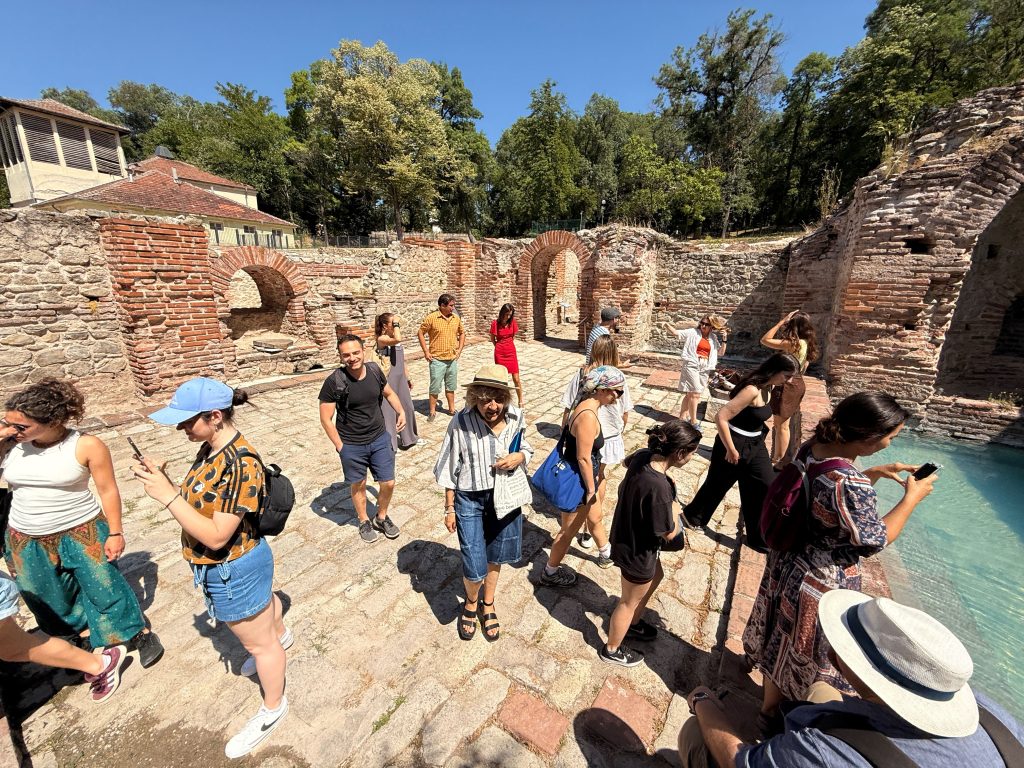
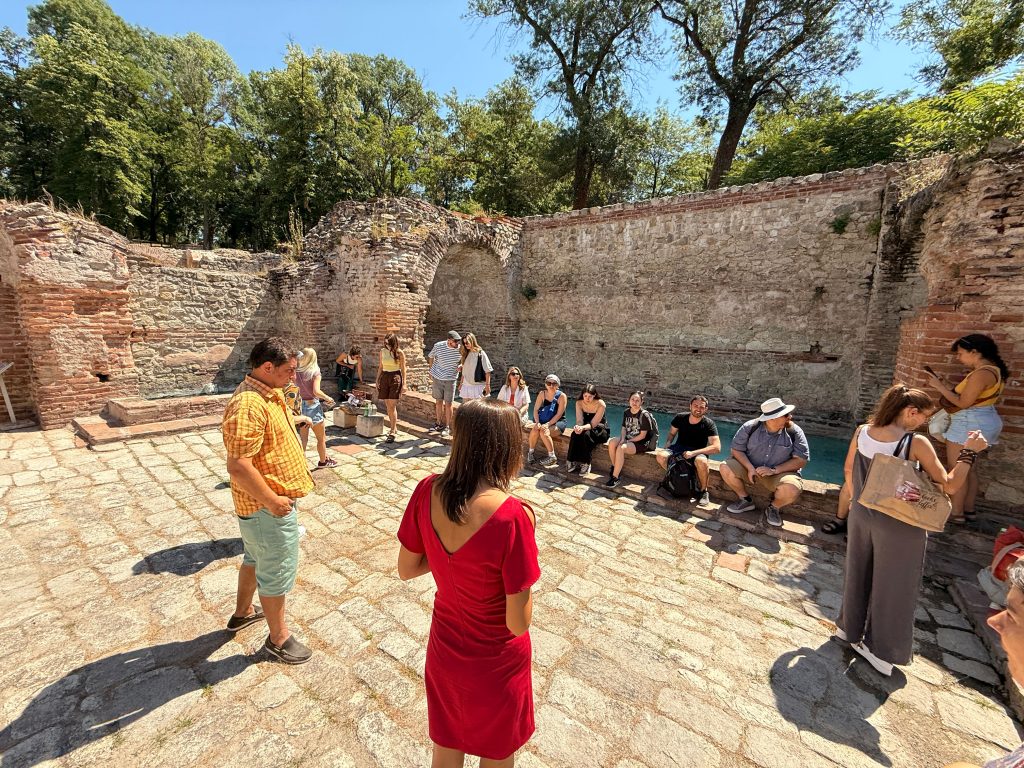
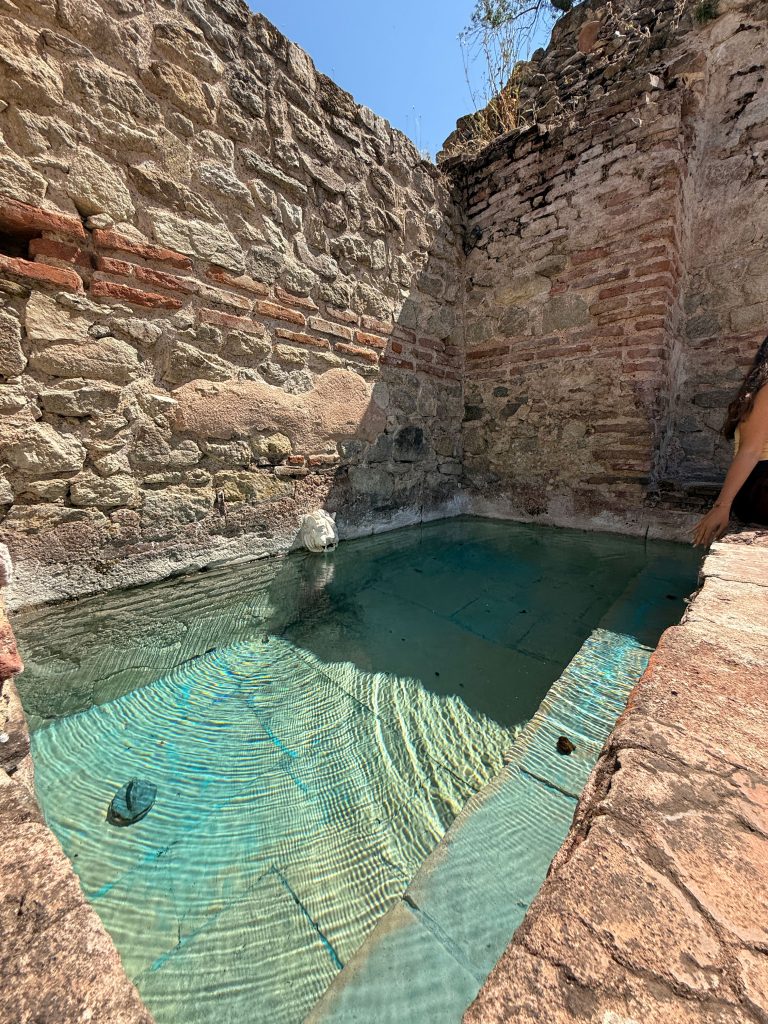
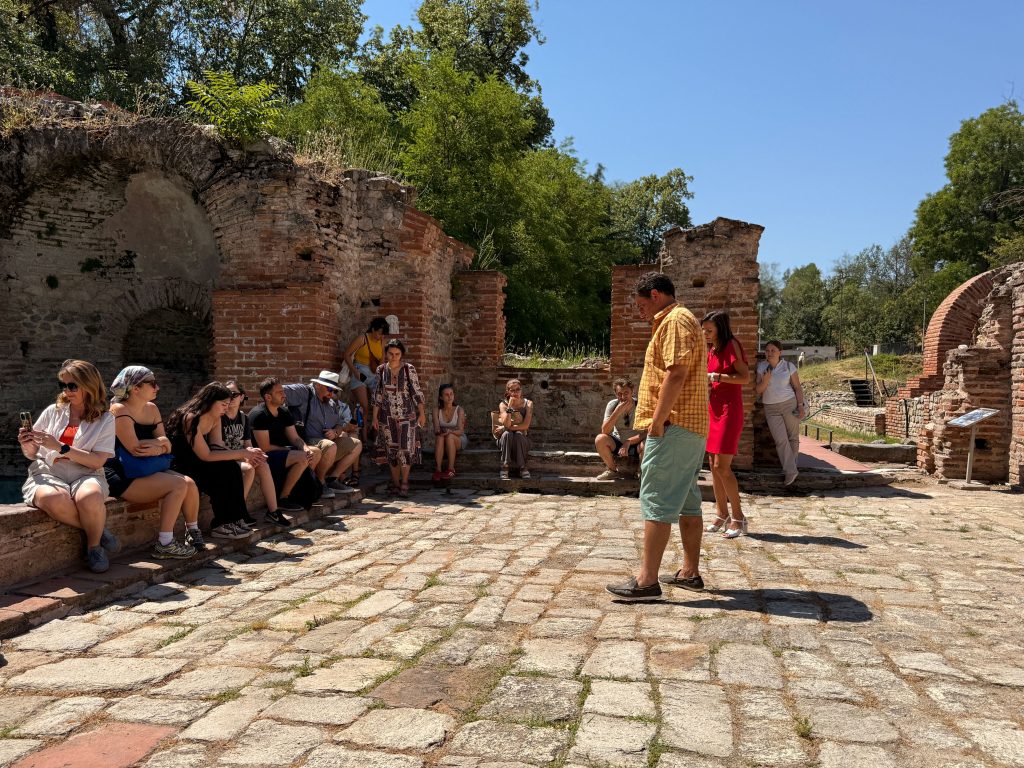
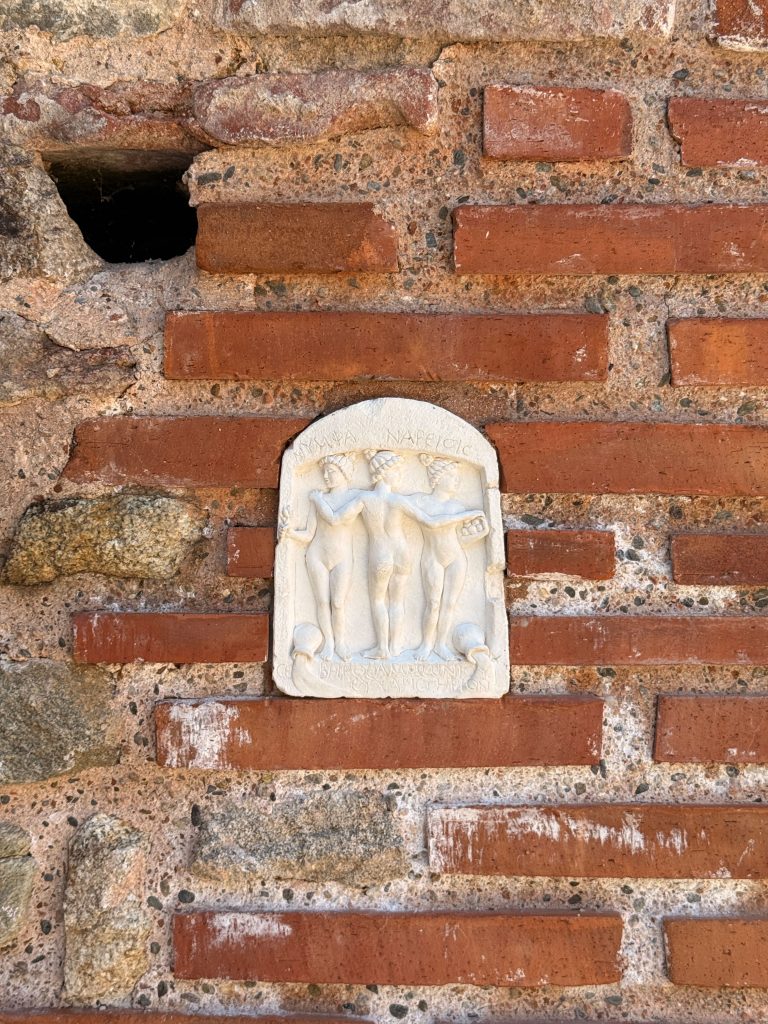
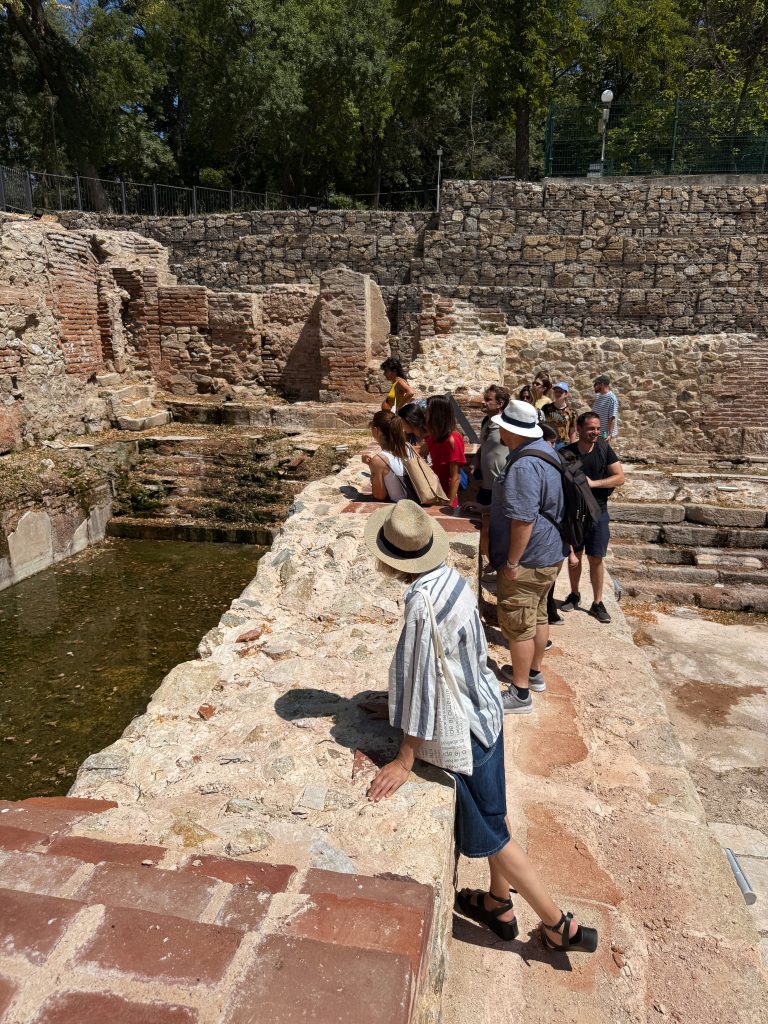

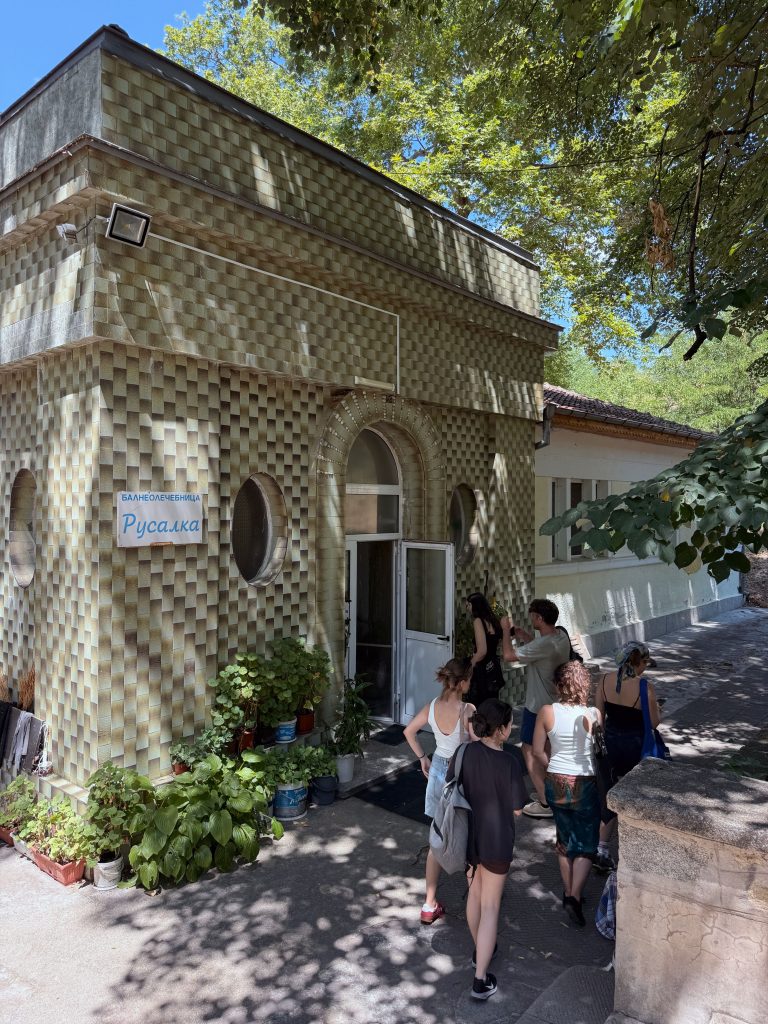

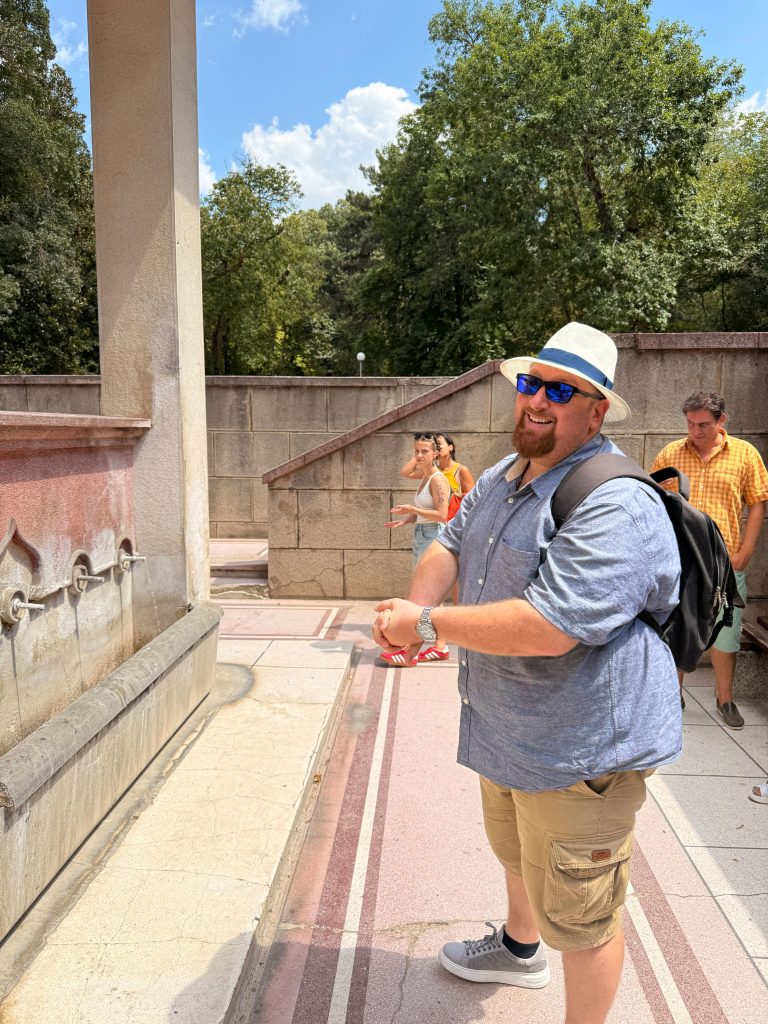
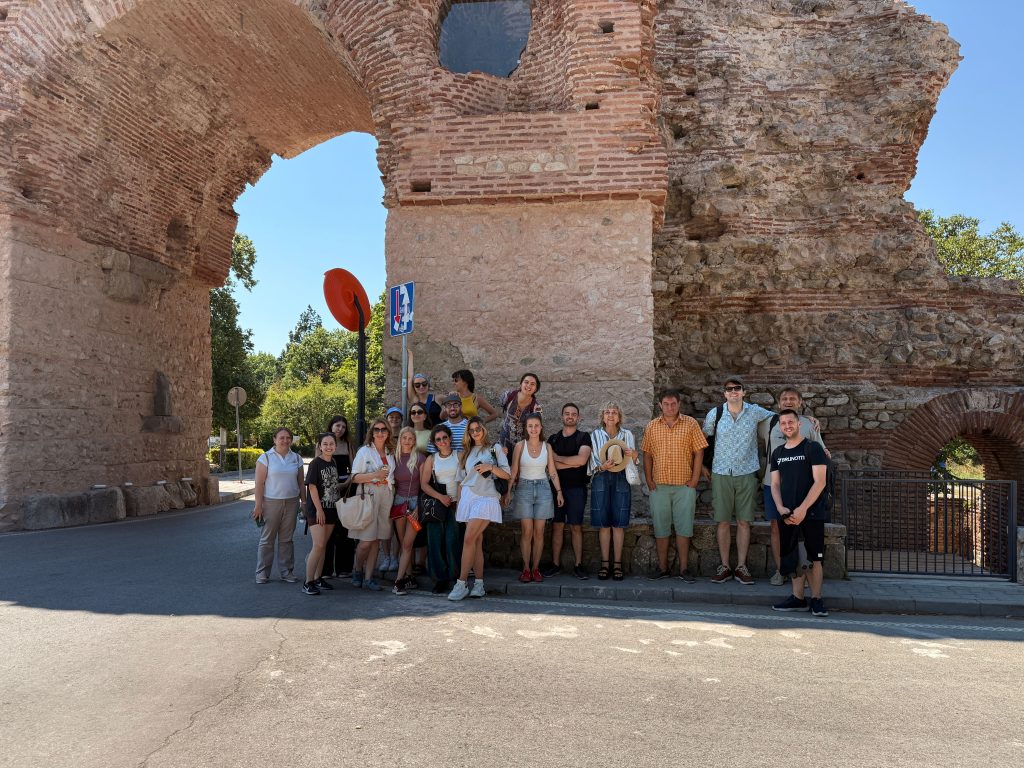
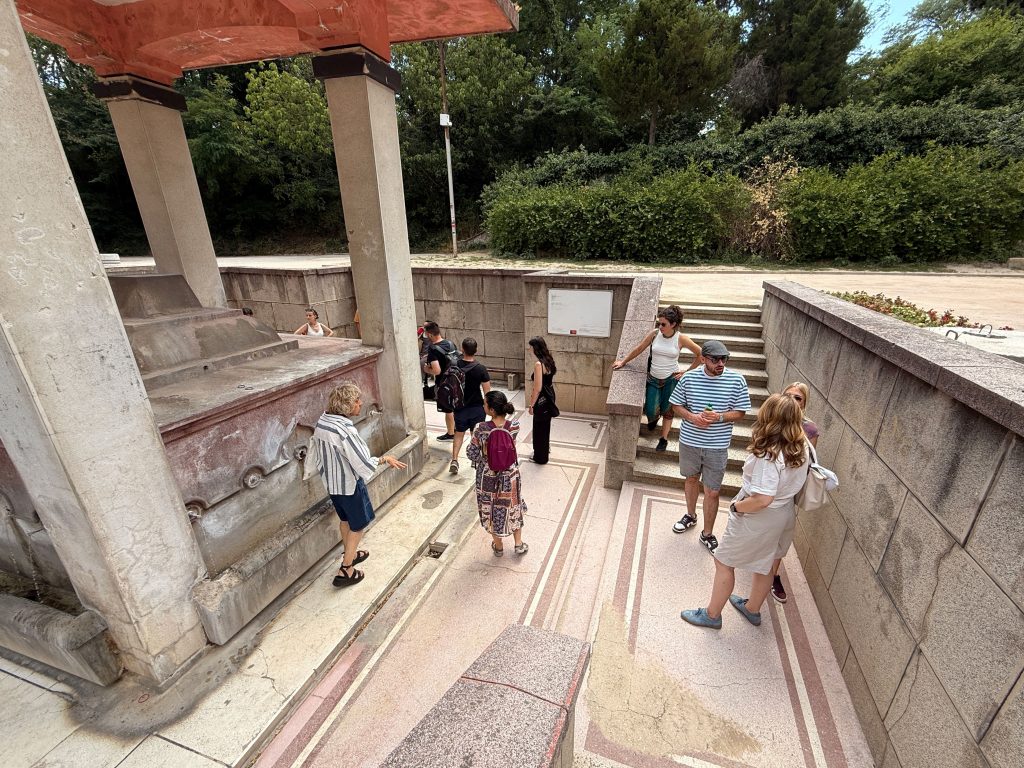
On July 3, Associate Professor Dr. Miriam Meri Burgles from the Catholic University of Croatia offered sociological perspectives in her lecture focused on youth narratives regarding sustainable lifestyles. Associate Professor Dr. Burgles began with examples of research methods and the formulation of research questions and provided specific illustrations of the outcomes of similar sociological studies which sparked lively discussion among the audience of researchers.
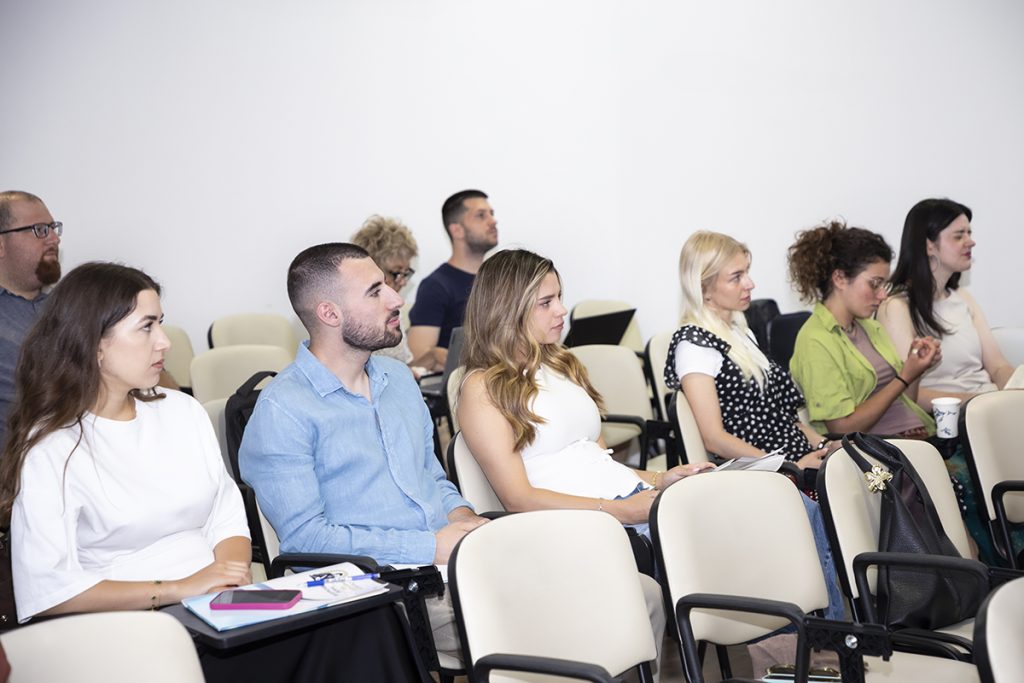
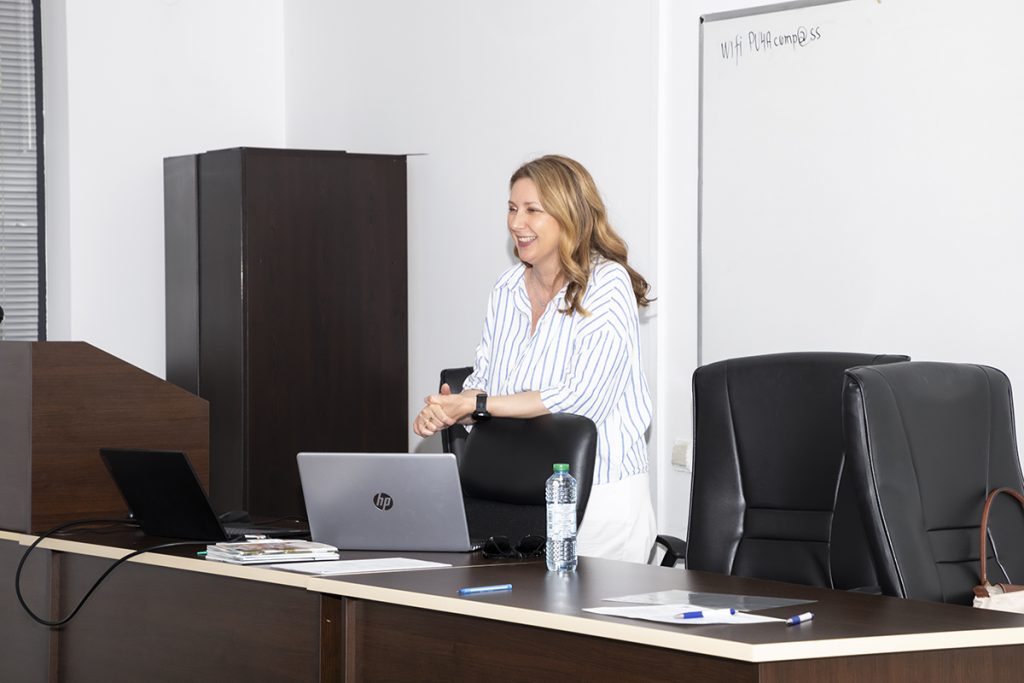
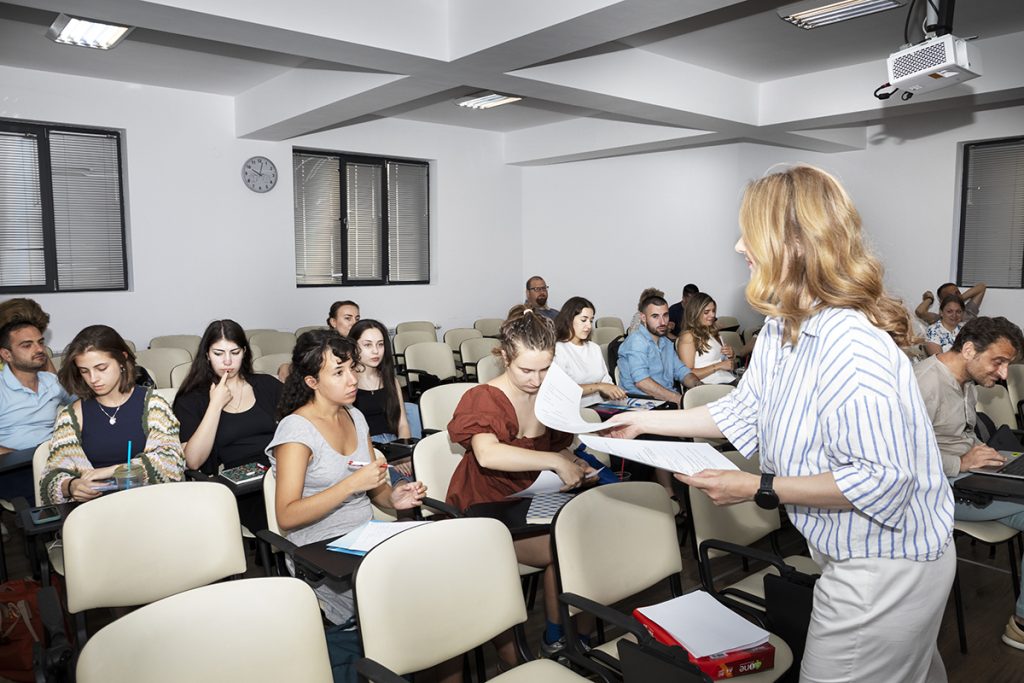
The second part of the penultimate day concluded with a presentation by the young researchers from Croatia entitled “Waters in Croatia” followed by a roundtable discussion where students shared their impressions, the challenges and questions they encountered and possible solutions and research approaches that may contribute to the development of sustainable ecosystems. The young researchers spent the afternoon preparing presentations of their completed work to be shared on the final day.
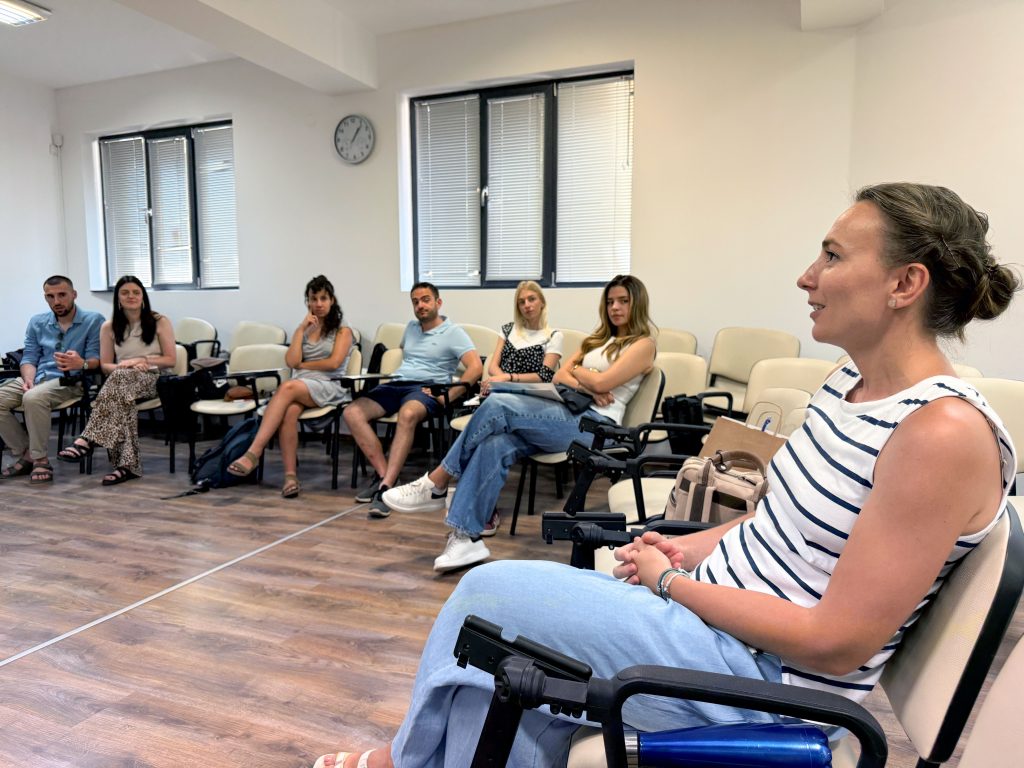
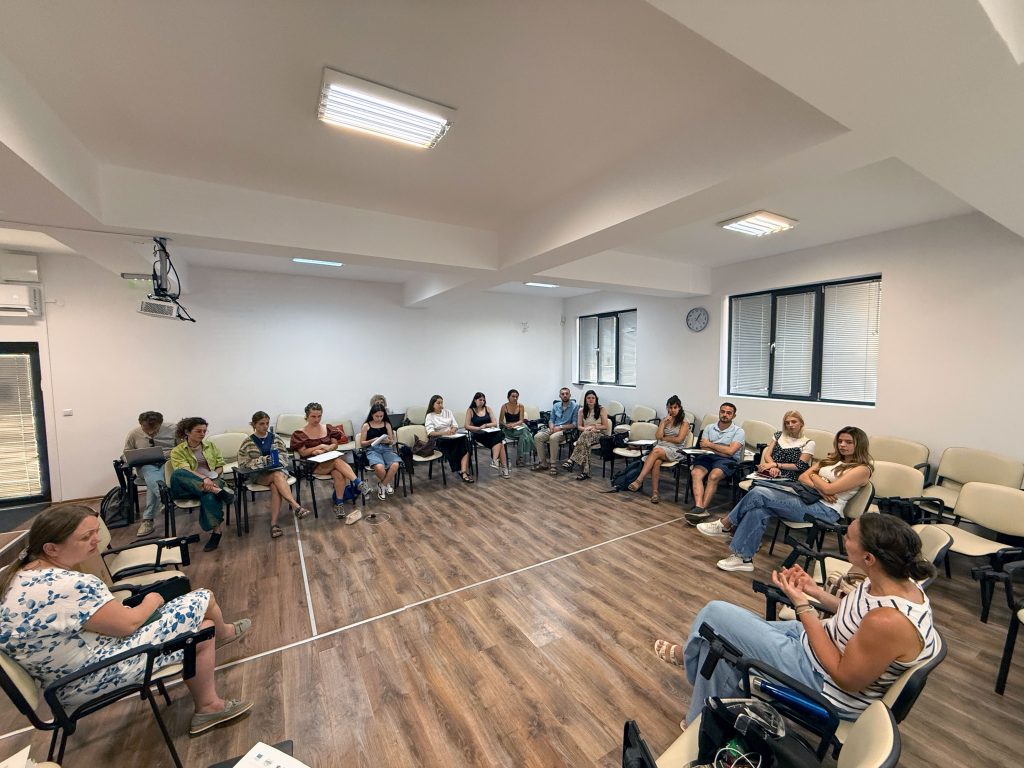
On July 4, the final session of the summer school began which was dedicated to the presentations of the three teams of young researchers followed by constructive feedback from the lecturers and peer comments from members of the other teams. The summer school concluded with words of gratitude from both organisers and participants and the awarding of participation certificates by Dr. Dimitar Karamitev, Head of the International Relations Office.
